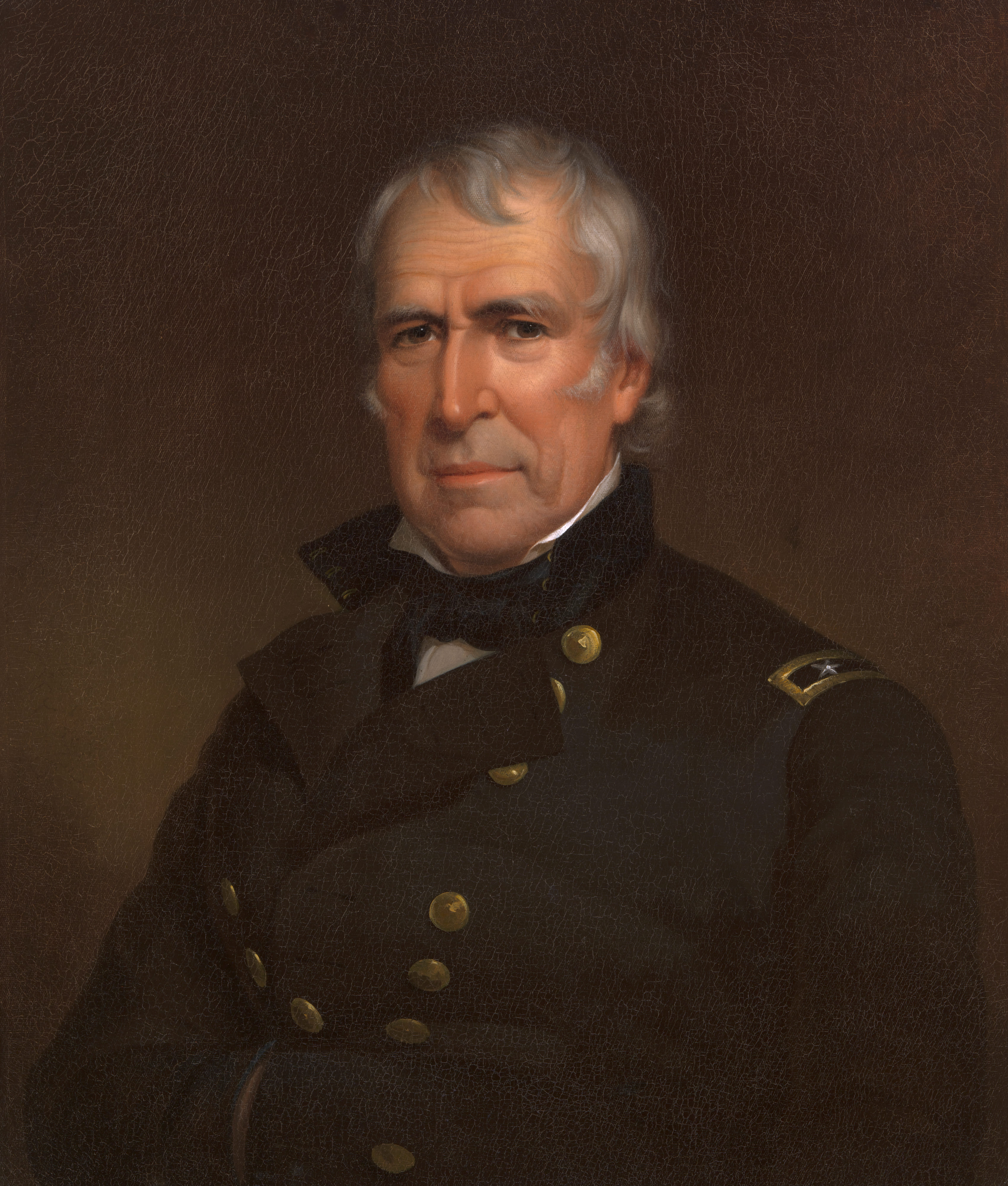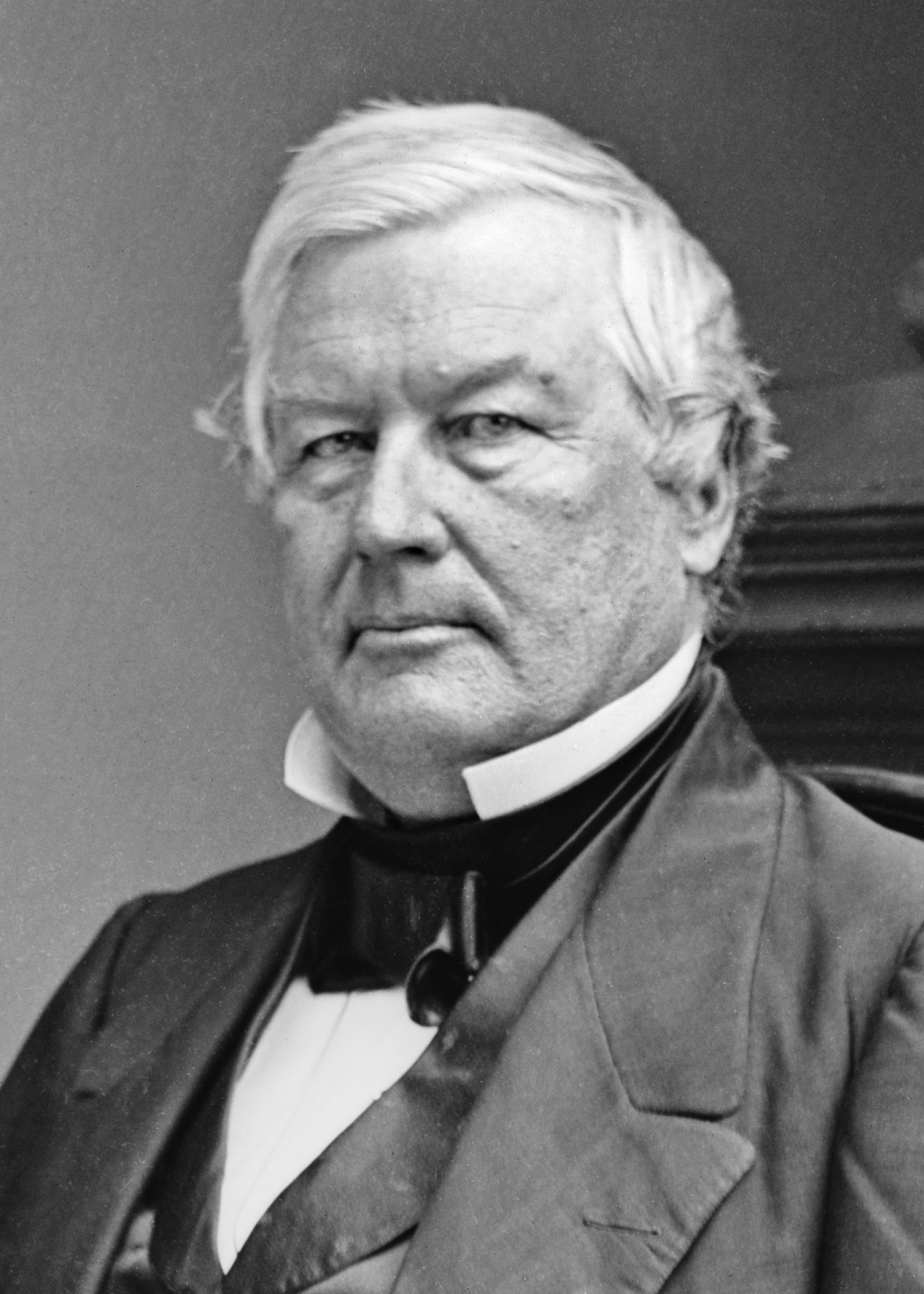|
1849 In The United States
Events from the year 1849 in the United States. Incumbents Federal government of the United States, Federal Government * President of the United States, President: James K. Polk (Democratic Party (United States), D-Tennessee) (until March 4), Zachary Taylor (Whig Party (United States), W-Kentucky) (starting March 4) * Vice President of the United States, Vice President: George M. Dallas (Democratic Party (United States), D-Pennsylvania) (until March 4), Millard Fillmore (Whig Party (United States), W-New York (state), New York) (starting March 4) * Chief Justice of the United States, Chief Justice: Roger B. Taney (Maryland) * Speaker of the United States House of Representatives, Speaker of the House of Representatives: Robert Charles Winthrop (Whig Party (United States), W-Massachusetts) (until March 4), Howell Cobb (Democratic Party (United States), D-Georgia (U.S. state), Georgia) (starting December 22) * United States Congress, Congress: 30th United States Congress, 30th ... [...More Info...] [...Related Items...] OR: [Wikipedia] [Google] [Baidu] |
Federal Government Of The United States
The federal government of the United States (U.S. federal government or U.S. government) is the national government of the United States, a federal republic located primarily in North America, composed of 50 states, a city within a federal district (the city of Washington in the District of Columbia, where most of the federal government is based), five major self-governing territories and several island possessions. The federal government, sometimes simply referred to as Washington, is composed of three distinct branches: legislative, executive, and judicial, whose powers are vested by the U.S. Constitution in the Congress, the president and the federal courts, respectively. The powers and duties of these branches are further defined by acts of Congress, including the creation of executive departments and courts inferior to the Supreme Court. Naming The full name of the republic is "United States of America". No other name appears in the Constitution, and this i ... [...More Info...] [...Related Items...] OR: [Wikipedia] [Google] [Baidu] |
Robert Charles Winthrop
Robert Charles Winthrop (May 12, 1809 – November 16, 1894) was an American lawyer and philanthropist, who served as the speaker of the United States House of Representatives. He was a descendant of John Winthrop. Early life Robert Charles Winthrop was born in Boston, Massachusetts, to Thomas Lindall Winthrop (1760–1841), the Lieutenant Governor of Massachusetts, and Elizabeth Bowdoin Temple (1769–1825), who were married on July 25, 1786. He was the youngest of 13 children. His maternal grandparents were Sir John Temple, 8th Baronet (1731–1798), the first British envoy to the United States, and Elizabeth Bowdoin, the daughter of James Bowdoin (1726–1790), the Governor of Massachusetts. His paternal great-great grandfathers were Joseph Dudley (1647–1720) and Wait Still Winthrop (1641/2–1717). Winthrop attended the prestigious Boston Latin School, and graduated from Harvard University in 1828, which he attended with Dr. Henry Ingersoll Bowditch, George Stil ... [...More Info...] [...Related Items...] OR: [Wikipedia] [Google] [Baidu] |
Thomas Stevenson Drew
Thomas Stevenson Drew (August 25, 1802 – January 1879) was the third Governor of the U.S. state of Arkansas. Biography He was born in Wilson County, Tennessee. Drew moved with his family to Louisiana and then, in 1818, to Arkansas. He worked as a traveling salesman and school teacher. Drew first settled in Clark County and was appointed Clark County Clerk in 1823. In 1827 he moved to Pocahontas, Arkansas, and married Cinderella Bettis, daughter of the prosperous founder of that town, Ransom Bettis. His father-in-law gave the newlyweds of bottom land in Cherokee Bay, where the town of Biggers lies in what is now Randolph County (then Lawrence County.) The Drews prospered, and their plantation included 20 African-American slaves. In 1832, Drew was elected County Judge of Lawrence County. In 1835, Drew and Bettis convinced the Arkansas Territorial Legislature to create Randolph County out of Lawrence County. In 1836, Drew and Bettis held an infamous free bar-b-que comp ... [...More Info...] [...Related Items...] OR: [Wikipedia] [Google] [Baidu] |
Governor Of Arkansas
A governor is an administrative leader and head of a polity or political region, ranking under the head of state and in some cases, such as governors-general, as the head of state's official representative. Depending on the type of political region or polity, a ''governor'' may be either appointed or elected, and the governor's powers can vary significantly, depending on the public laws in place locally. The adjective pertaining to a governor is gubernatorial, from the Latin root ''gubernare''. Ancient empires Pre-Roman empires Though the legal and administrative framework of provinces, each administrated by a governor, was created by the Romans, the term ''governor'' has been a convenient term for historians to describe similar systems in antiquity. Indeed, many regions of the pre-Roman antiquity were ultimately replaced by Roman 'standardized' provincial governments after their conquest by Rome. Plato used the metaphor of turning the Ship of State with a rudder; the Latin w ... [...More Info...] [...Related Items...] OR: [Wikipedia] [Google] [Baidu] |
Henry W
Henry may refer to: People *Henry (given name) *Henry (surname) * Henry Lau, Canadian singer and musician who performs under the mononym Henry Royalty * Portuguese royalty ** King-Cardinal Henry, King of Portugal ** Henry, Count of Portugal, Henry of Burgundy, Count of Portugal (father of Portugal's first king) ** Prince Henry the Navigator, Infante of Portugal ** Infante Henrique, Duke of Coimbra (born 1949), the sixth in line to Portuguese throne * King of Germany **Henry the Fowler (876–936), first king of Germany * King of Scots (in name, at least) ** Henry Stuart, Lord Darnley (1545/6–1567), consort of Mary, queen of Scots ** Henry Benedict Stuart, the 'Cardinal Duke of York', brother of Bonnie Prince Charlie, who was hailed by Jacobites as Henry IX * Four kings of Castile: **Henry I of Castile **Henry II of Castile **Henry III of Castile **Henry IV of Castile * Five kings of France, spelt ''Henri'' in Modern French since the Renaissance to italianize the name and to ... [...More Info...] [...Related Items...] OR: [Wikipedia] [Google] [Baidu] |
Reuben Chapman
Reuben Chapman (July 15, 1799 – May 17, 1882) was an American lawyer and politician. Life Born on July 15, 1799, in Bowling Green, Virginia, he moved to Alabama in 1824, where he established a law practice. He represented Alabama in the U.S. House of Representatives from March 4, 1835, to March 3, 1847, and served as the 13th Governor of the U.S. state of Alabama from 1847 to 1849. He died in Huntsville, Alabama on May 17, 1882. While a member of the House of Representatives he had a very contentious relationship with the French ambassador, Louis Adolphe Aimé Fourier, comte de Bacourt. In 1844 the ambassador had made remarks towards him and Virginia congressman George W. Hopkins, and Chapman challenged Louis Adolphe Aimé Fourier, comte de Bacourt to a duel, however, the French ambassador backed down. That same year the French ambassador also offended Virginia congressman Lewis Steenrod, though it is unknown precisely what words were exchanged. Chapman and Hopkins grew ... [...More Info...] [...Related Items...] OR: [Wikipedia] [Google] [Baidu] |
Governor Of Alabama
A governor is an administrative leader and head of a polity or political region, ranking under the head of state and in some cases, such as governors-general, as the head of state's official representative. Depending on the type of political region or polity, a ''governor'' may be either appointed or elected, and the governor's powers can vary significantly, depending on the public laws in place locally. The adjective pertaining to a governor is gubernatorial, from the Latin root ''gubernare''. Ancient empires Pre-Roman empires Though the legal and administrative framework of provinces, each administrated by a governor, was created by the Romans, the term ''governor'' has been a convenient term for historians to describe similar systems in antiquity. Indeed, many regions of the pre-Roman antiquity were ultimately replaced by Roman 'standardized' provincial governments after their conquest by Rome. Plato used the metaphor of turning the Ship of State with a rudder; the Latin w ... [...More Info...] [...Related Items...] OR: [Wikipedia] [Google] [Baidu] |
Lieutenant Governor (United States)
A lieutenant governor is an official in state governments of 45 out of 50 of the United States. In most cases, the lieutenant governor is the highest officer of state after the governor, standing in for that officer when they are absent from the state or temporarily incapacitated. In the event a governor dies, resigns or is removed from office, the lieutenant governor typically becomes governor. In 26 states, the governor and lieutenant governor are elected on the same ticket, ensuring that they come from the same political party. In 17 states, they are elected separately and, thus, may come from different parties. Among the seven states without a separate, full-time office of lieutenant governor, two states have a post of lieutenant governor that is filled by the highest officer of the state senate. In Tennessee, the full title of the leader of the Tennessee Senate is " lieutenant governor and speaker of the Senate". In West Virginia, the title of lieutenant governor is assigne ... [...More Info...] [...Related Items...] OR: [Wikipedia] [Google] [Baidu] |
Governor (United States)
In the United States, a governor serves as the chief executive and commander-in-chief in each of the fifty states and in the five permanently inhabited territories, functioning as head of government therein. As such, governors are responsible for implementing state laws and overseeing the operation of the state executive branch. As state leaders, governors advance and pursue new and revised policies and programs using a variety of tools, among them executive orders, executive budgets, and legislative proposals and vetoes. Governors carry out their management and leadership responsibilities and objectives with the support and assistance of department and agency heads, many of whom they are empowered to appoint. A majority of governors have the authority to appoint state court judges as well, in most cases from a list of names submitted by a nominations committee. All but five states (Arizona, Maine, New Hampshire, Oregon, and Wyoming) have a lieutenant governor. The lieutena ... [...More Info...] [...Related Items...] OR: [Wikipedia] [Google] [Baidu] |
31st United States Congress
The 31st United States Congress was a meeting of the legislative branch of the United States federal government, consisting of the United States Senate and the United States House of Representatives. It met in Washington, D.C. from March 4, 1849, to March 4, 1851, during the 16 months of the Zachary Taylor presidency and the first eight months of the administration of Millard Fillmore's. The apportionment of seats in this House of Representatives was based on the Sixth Census of the United States in 1840. The Senate had a Democratic majority, while there was a Democratic plurality in the House. Major events * March 4, 1849: Zachary Taylor became President of the United States * June, 1849: Relations with France broke down as the French ambassador Guillaume-Tell de La Vallée Poussin engaged in "insulting and confrontational" behavior towards President Taylor, shortly after this a row erupted with France over reparations which France owed the United States. The President of F ... [...More Info...] [...Related Items...] OR: [Wikipedia] [Google] [Baidu] |
30th United States Congress
The 30th United States Congress was a meeting of the legislative branch of the United States federal government, consisting of the United States Senate and the United States House of Representatives. It met in Washington, D.C. from March 4, 1847, to March 4, 1849, during the last two years of the administration of President James K. Polk. The apportionment of seats in the House of Representatives was based on the Sixth Census of the United States in 1840. The Senate had a Democratic majority, and the House had a Whig majority. It was the only Congress in which Abraham Lincoln served. Major events * July 1, 1847: United States issued its first postage stamps * January 24, 1848: Gold found at Sutter's Mill, beginning the California Gold Rush * January 31, 1848: Washington Monument established * February 23, 1848: Former President John Quincy Adams, now a Congressman representing Massachusetts, dies in the Speaker's office after suffering a stroke in the House Chambers. * Jul ... [...More Info...] [...Related Items...] OR: [Wikipedia] [Google] [Baidu] |
United States Congress
The United States Congress is the legislature of the federal government of the United States. It is bicameral, composed of a lower body, the House of Representatives, and an upper body, the Senate. It meets in the U.S. Capitol in Washington, D.C. Senators and representatives are chosen through direct election, though vacancies in the Senate may be filled by a governor's appointment. Congress has 535 voting members: 100 senators and 435 representatives. The U.S. vice president has a vote in the Senate only when senators are evenly divided. The House of Representatives has six non-voting members. The sitting of a Congress is for a two-year term, at present, beginning every other January. Elections are held every even-numbered year on Election Day. The members of the House of Representatives are elected for the two-year term of a Congress. The Reapportionment Act of 1929 establishes that there be 435 representatives and the Uniform Congressional Redistricting Act requires ... [...More Info...] [...Related Items...] OR: [Wikipedia] [Google] [Baidu] |




